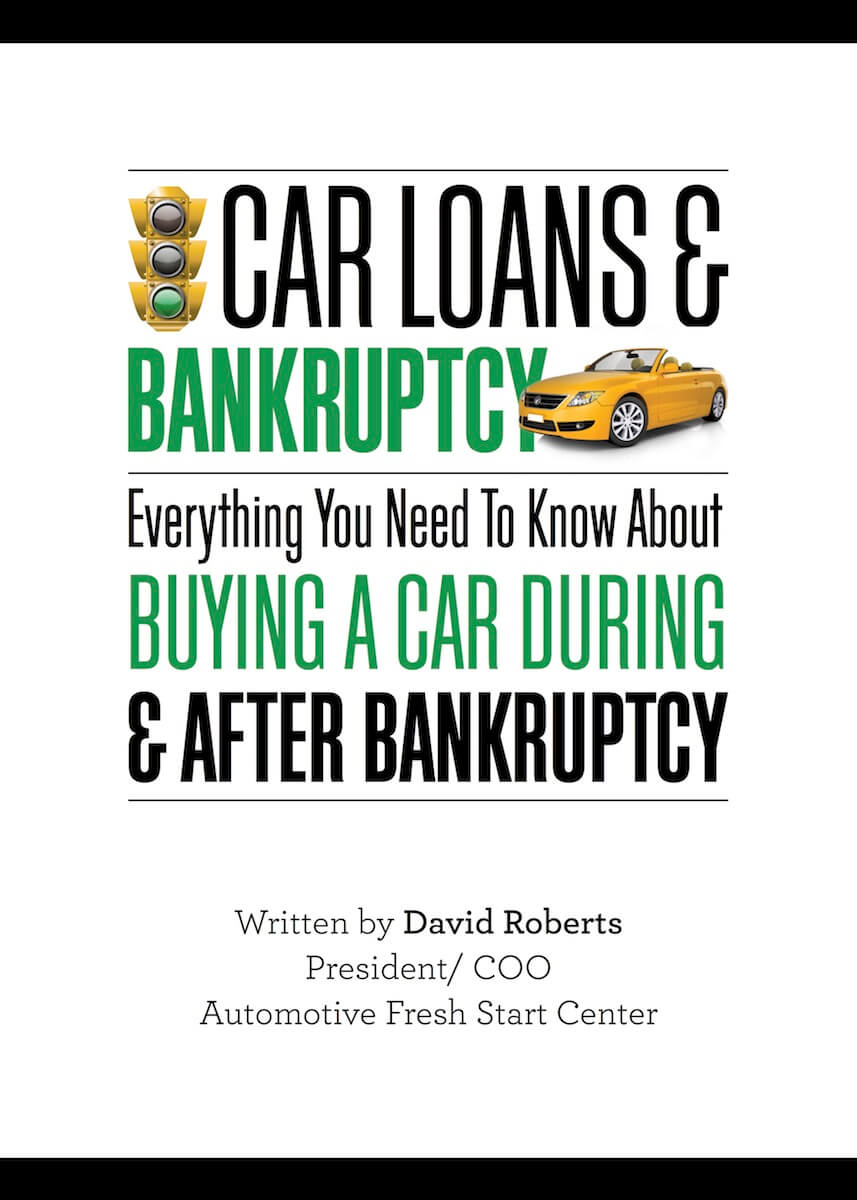SUBPRIME AUTO LOAN BUBBLE AND BANKRUPTCY?
Recent articles have focused attention on the sub-prime auto loan industry and its negative effects on consumers and potentially investors. From sub-prime loans being bad investment vehicles due to fraudulent applications which contain misstated income and employment (http://dealbook.nytimes.com/2014/08/04/focusing-on-g-m-unit-u-s-starts-civil-inquiry-of-subprime-car-lending/?_php=true&_type=blogs&_r=0), to articles about the effect of repossessions of such predatory loans on consumers (http://dealbook.nytimes.com/2014/07/19/in-a-subprime-bubble-for-used-cars-unfit-borrowers-pay-sky-high-rates/), the consequences of such loans are beginning to look similar to the sub-prime mortgage crisis.
While auto loans will never have the financial impact of mortgage loans on the overall economy, it is interesting to look at the explosion of sub-prime auto loans after Bankruptcy Code changes. The first article above noted that sub-prime auto loans had increased 150% since 2009 and the financial crisis. This increase may have been fueled in part by the increased number of sub-prime consumers (credit score below 640) who were created by the financial crisis. However, there may be another factor fueling this explosion of sub-prime lending. Just like sub-prime mortgages being marketed to people prior to the financial crisis, the number of people who end up with a sub-prime auto loan is greater than the number of actual sub-prime consumers. Instead, like with sub-prime mortgages, unscrupulous creditors are being rewarded for securitizing high-yield auto loans to investors. With treasury bills and other safe investments producing historically low yields, high yield investments are being sought out by hedge funds and other big money investors.
So what does this have to do with the Bankruptcy Code? Interestingly, the increase in sub-prime auto loans also coincides with greater protection for auto lenders in Chapter 13. In 2005, Congress and the auto lenders crafted a provision in the Bankruptcy Code amendments of that year to, essentially, guarantee that almost every car loan balance would be fully protected if the consumer filed for Chapter 13. Prior to that change, the consumer had the ability to value a vehicle within a short period of time after purchase in a Chapter 13 to reflect the true market value of the vehicle. This meant that negative equity, insurance products and other inflated costs associated with sub-prime auto loans could be stripped off of a vehicle after a Chapter 13 filing. A family could then afford the car that was the primary transportation for jobs, medical visits, children’s activities, etc.
After the 2005 amendments, the valuation period for a purchase money vehicle was increased to 910 days. This time period was not random. That period is the average time that a consumer keeps a car prior to trade in on a newer, more reliable, vehicle. Essentially, after the change the average consumer would no longer be able to value a vehicle in Chapter 13 due to filing with a vehicle less than 910 days old. With that change, the sub-prime lenders and investors were protected from losing any principal on the vast majority of auto loan investments in a Chapter 13 filing. Not coincidentally, a dramatic increase in sub-prime auto lending has come after the 2005 amendments.
There is on silver lining in the above. Interest rates (which average 13% from the largest sub-prime lenders!!!) on sub-prime auto loans can still be adjusted in Chapter 13, even if the vehicle is within the 910 day window. This change to the interest could still allow for significant savings for a family trying to save their means of getting back and forth from work.
At Mickler & Mickler, we attend Court on a regular basis. We have the experience and knowledge to ensure that you receive the correct advice when confronted with difficult financial decisions related to filing bankruptcy. Contact us at 904.725.0822 orbkmickler@planlaw.com.
Bryan K. Mickler
